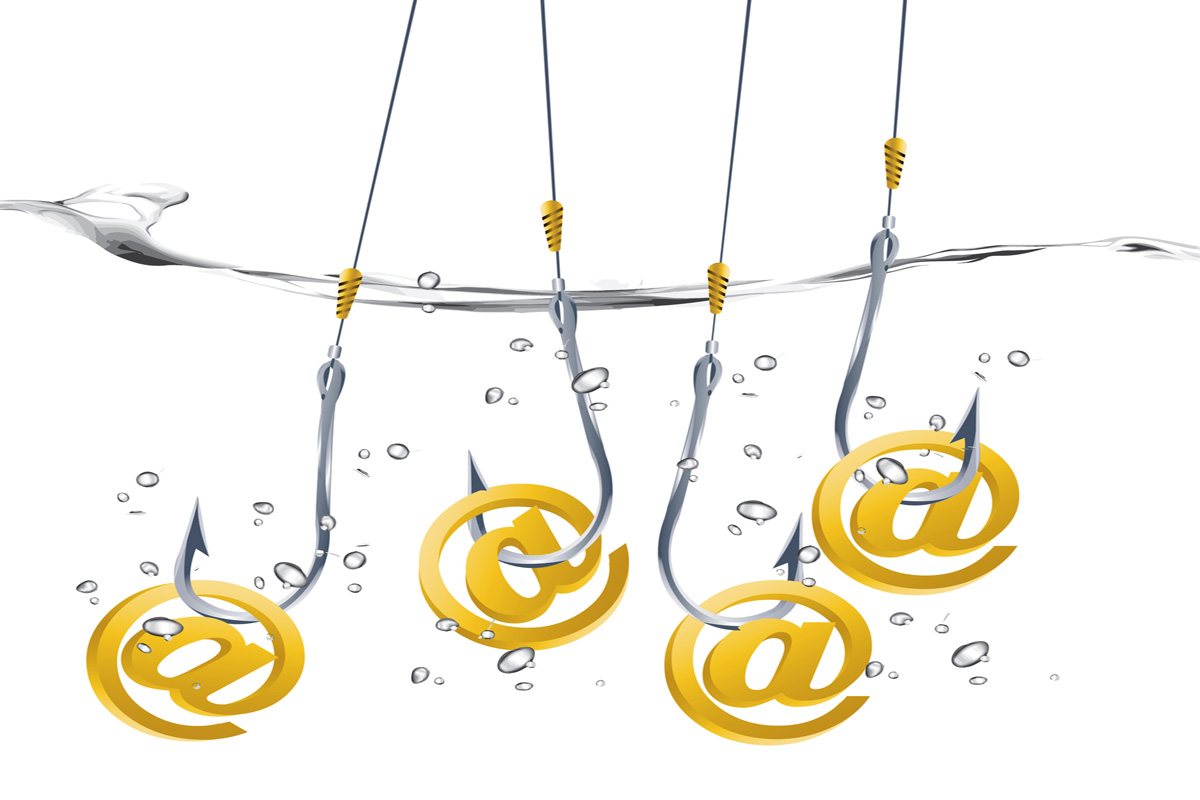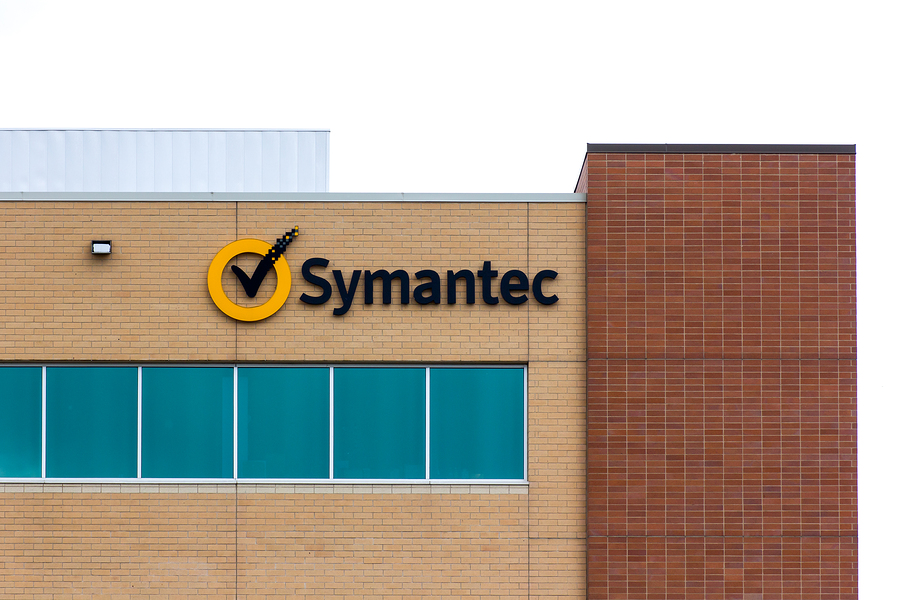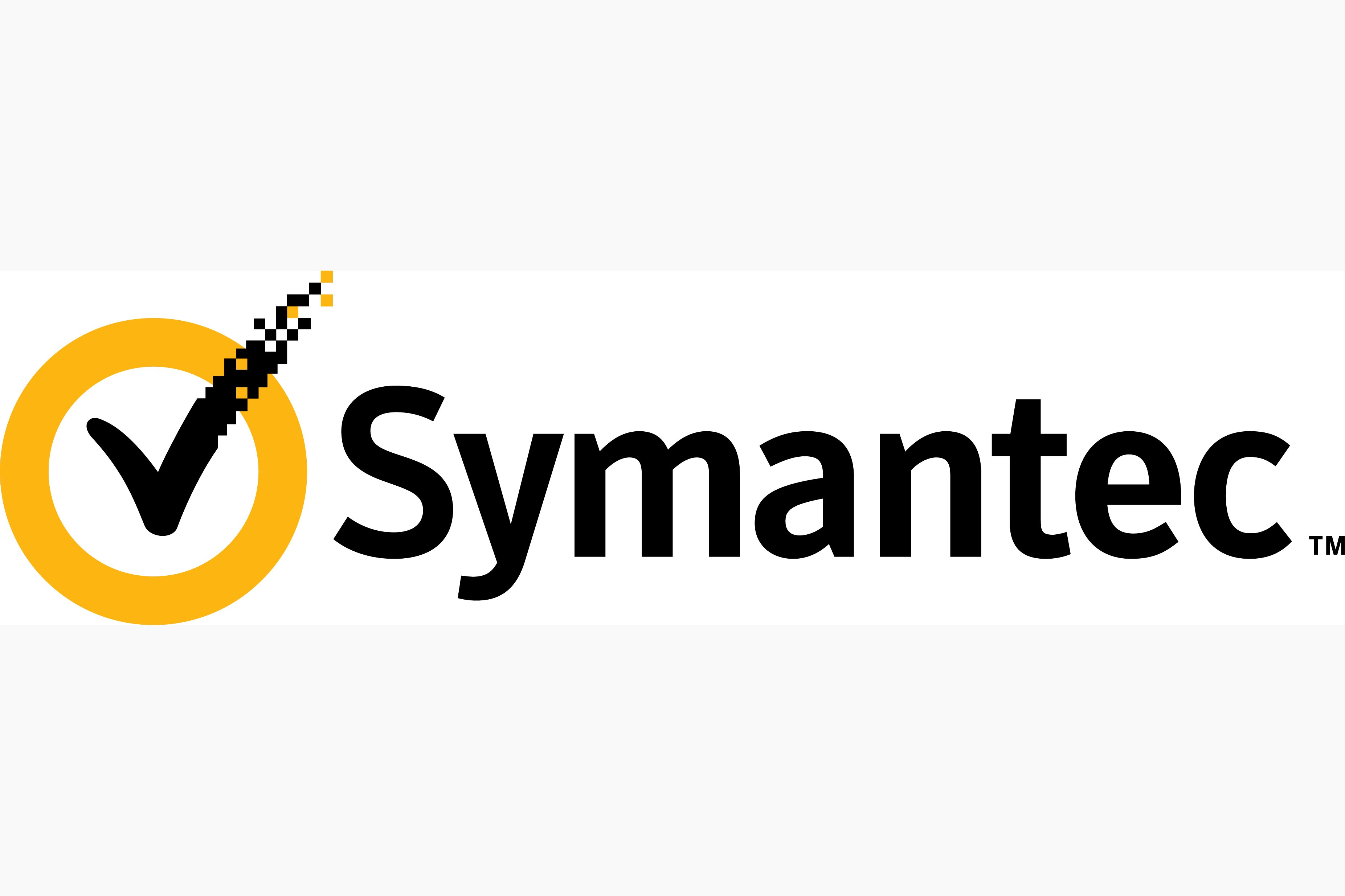Phishers go after car sales companies
A range of phishing attacks have been spotted targeting legitimate car sales companies.


Automotive sales businesses, based both in the UK and US, have been targeted by phishers, a security company has warned.
The attackers have attempted to acquire personal information by claiming to be from legitimate sales brands, Symantec noted.
Such legitimate sites help people buy and sell vehicles, as well as provide the option to advertise cars or motorbikes.
In attacks tracked by Symantec, a number of fake web pages were crafted, claiming the brand was offering the facility to advertise for free. These sites also featured the claim "We fight fraud for you."
Of course, once users had entered personal data, such as their email address, the ad's ID and a security question, along with the answer, they placed themselves at risk of fraud.
Other fake web pages asked for information, supposedly needed to make a payment towards buying a vehicle the customer had selected.
Purportedly required data in these cases included credit card numbers, card expiration datse and its security code, along with the address, phone number and email address of the customer.
Get the ITPro daily newsletter
Sign up today and you will receive a free copy of our Future Focus 2025 report - the leading guidance on AI, cybersecurity and other IT challenges as per 700+ senior executives
Another phishing site told the customer their account was "on-hold" and they needed to sign in to reactivate it, asking for an email address and password.
Interestingly, once login information was entered, the user would be redirected to the legitimate site.
"The primary motive behind these phishing attacks was financial gain," Symantec noted in a blog.
Phishers have gone after specific industries in the past, notably the financial sector.
Five men and one woman were arrested earlier this month in relation to an investigation into a phishing network believed to have compromised 10,000 bank accounts.
Tom Brewster is currently an associate editor at Forbes and an award-winning journalist who covers cyber security, surveillance, and privacy. Starting his career at ITPro as a staff writer and working up to a senior staff writer role, Tom has been covering the tech industry for more than ten years and is considered one of the leading journalists in his specialism.
He is a proud alum of the University of Sheffield where he secured an undergraduate degree in English Literature before undertaking a certification from General Assembly in web development.
-
 Should AI PCs be part of your next hardware refresh?
Should AI PCs be part of your next hardware refresh?AI PCs are fast becoming a business staple and a surefire way to future-proof your business
By Bobby Hellard Published
-
 Westcon-Comstor and Vectra AI launch brace of new channel initiatives
Westcon-Comstor and Vectra AI launch brace of new channel initiativesNews Westcon-Comstor and Vectra AI have announced the launch of two new channel growth initiatives focused on the managed security service provider (MSSP) space and AWS Marketplace.
By Daniel Todd Published
-
 Power stations under attack from long-running hacking campaign
Power stations under attack from long-running hacking campaignNews Dragonfly threat group is ramping up activities, say researchers
By Adam Shepherd Published
-
 Symantec profits surge as firms prop up their cyber defences
Symantec profits surge as firms prop up their cyber defencesNews The company also announced plans to sell its web certificate business
By Dale Walker Published
-
 Symantec to pay $4.65 billion to acquire Blue Coat
Symantec to pay $4.65 billion to acquire Blue CoatNews Greg Clark to become Symantec CEO, promising new cloud security
By Aaron Lee Published
-
 Symantec ditches reseller guilty of scamming PC users
Symantec ditches reseller guilty of scamming PC usersNews Silurian told people they had malware, then sold them Norton Antivirus for $249
By Joe Curtis Published
-
 NATO builds up cyber alliance with Symantec tie-in
NATO builds up cyber alliance with Symantec tie-inNews Military industrial link up to fight cyber attacks
By Rene Millman Published
-
 Junk emails fall to their lowest rate in 12 years
Junk emails fall to their lowest rate in 12 yearsNews Spam is dropping, says Symantec, but other malware threats are on the rise
By Joe Curtis Published
-
 Kaspersky: "We have never been asked to whitelist malware"
Kaspersky: "We have never been asked to whitelist malware"News A company blog has revealed neither government nor any other entity has asked it to stop detecting malware
By Clare Hopping Published
-
 Symantec confirms split into separate security & storage entities
Symantec confirms split into separate security & storage entitiesNews Storage and security will be separated as Symantec tries to boost sales in both
By Adam Lee Published